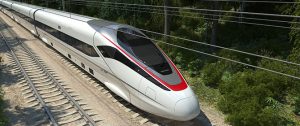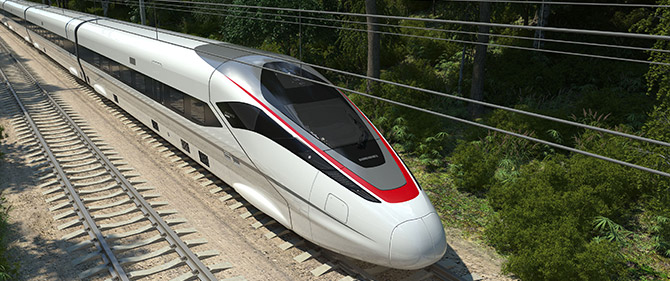 Bombardier, World’s leading manufacturer of both planes and trains, says it will build a factory in Morocco if it wins a contract to supply rolling stock to the country’s state-owned railways.
Bombardier, World’s leading manufacturer of both planes and trains, says it will build a factory in Morocco if it wins a contract to supply rolling stock to the country’s state-owned railways.
This project was unveiled by Marc-Andre Lefebvre, a Bombardier spokesman. The facility would build railcars and perform engineering and maintenance work. It would have about 600 employees and could open as soon as 2020.
According to some analysts, the announcement of Bombardier rail plant project is destined to enhance its bid as competition is getting tougher in Morocco where French company Alstom is building a high-speed rail line.
ONCF, Morocco’s state railway company, is busy working to modernize and expand its network. Part of the effort involves buying trainsets worth $1.6 billion.
Bombardier’s rail unit is currently upgrading signaling systems on the Casablanca-Tangiers line. Other recent work in the country includes a contract to modernize 14 electric trains for the Casablanca-Rabat line.
Bombardier has been operating an aerospace facility near Casablanca since 2014. The plant, which employs about 300 people, builds components for both business jets and commercial aircraft.
By 2018, Morocco is set to have Africa’s fastest train. Engineers in this country are currently testing trains capable of reaching 200mph – the top speed of the Eurostar – slashing journey times between the country’s key economic hubs by almost two thirds.
The 215-mile journey from Casablanca to Tangier via the capital city of Rabat will now take just over two hours, rather than five, when the service launches next summer.
During tests, one train reached 170 mph along a stretch of track between the northern cities of Kenitra and Tangier. The route, first mapped out in 2005, was made more complex by hilly terrain and strong winds and required the building of several viaducts including some more than two miles long.
The high-speed trains will be supplied by French conglomerate Alstom, 14 in total, each capable of carrying 533 passengers. The ONCF expects the line to attract six million travelers within its first three years, with other expansions in the North African country planned for the next three decades.
